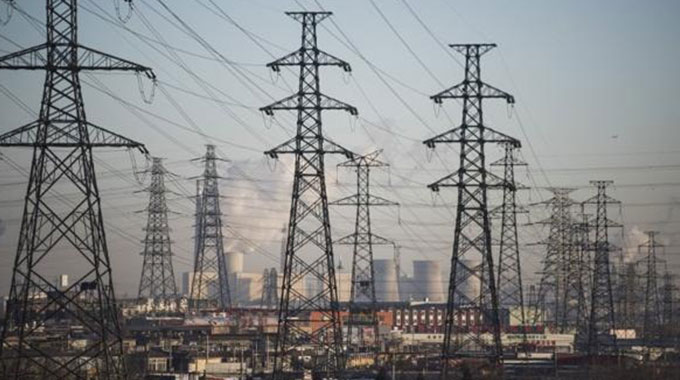Comesa begins €6,8m cross-border project

Oliver Kazunga, Senior Reporter
THE Common Market for Eastern and Southern Africa (Comesa) says work has begun to implement a €6,8 million project funded by the European Union to upgrade priority cross-border infrastructure at selected entry points linking Zambia and three other bordering countries.
The other three countries are Zimbabwe, Malawi and Tanzania and the project is part of efforts to promote regional integration.
In a statement, Comesa said the first project implementation workshop was held recently in Zambia organised by that country’s Ministry of Commerce, Trade and Industry in collaboration with the Comesa secretariat and other line ministries.
“Activities have begun towards implementation of a €6,8 million project to upgrade the priority cross-border infrastructure and equipment at selected border points between Zambia on one hand and Malawi, Zimbabwe and Tanzania on the other.
“These are Mwami, Chirundu and Nakonde respectively,” it said.
The activities will be carried out under the Zambia Border Posts Upgrading Project within a period of two years from the signing of the sub-delegation agreement, which was done in November last year.
Apart from upgrading infrastructure, the project will assist Zambia to effectively implement co-ordinated border management principles at the border posts, build capacity on modern border operations for stakeholders and implement a border information awareness campaign.
“The project will support customs co-operation, implementation of the e-Certificate of Origin and Single Window System and reduce the asymmetry in knowledge on Rules of Origin,” said Comesa.
According to Zambia’s Permanent Secretary in the Ministry of Commerce, Trade and Industry, Mr Mushuma Mulenga, the project will also support capacity building for stakeholders on modern border operations and the implementation of information awareness campaign on customs co-operation and trade facilitation instruments among other deliverables.
It is hoped that by the end of the project’s implementation period, clearance time and costs for passengers and goods processed through the border posts will be reduced.
Similarly, the number of reported non-tariff barriers and cases of corruption and harassment if any, are expected to go down.
“All this effort is expected to contribute to increased collection of revenue through increased trade flows,” Mr Mulenga said.
Among other issues discussed were on implementation structures and communication channels, review of the project plan and the operational implementation modalities including priorities for Year 1 and Year 2.
A procurement plan for the project and a performance monitoring framework was agreed upon.
The trading bloc reiterated its resolve to provide necessary support to ensure efficient and effective implementation of the EU sub-delegated activities. – @okazunga.











Comments